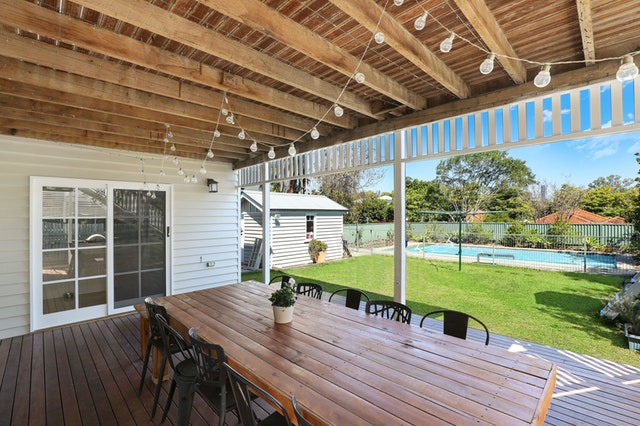What’s Ahead For Mortgage Rates This Week -February 18th, 2020
 Last week’s economic reporting included releases on inflation, retail sales, and consumer sentiment. Weekly readings on mortgage rates and first-time jobless claims were also released.
Last week’s economic reporting included releases on inflation, retail sales, and consumer sentiment. Weekly readings on mortgage rates and first-time jobless claims were also released.
Inflation Hits Highest Growth Pace Since 2018
Consumer staples including rent, prepared food and medical expenses caused inflation to rise 0.10 percent from December to January, which was the smallest month-to-month growth in four months. Rents drove month-to-month inflation with a growth rate of 0.40 percent.
Year-over-year inflation grew from 2.30 percent to 2.50 percent, which was the highest year-over-year growth rate since Fall 2018. Analysts said that inflation remained low according to historical data and that no sharp inflationary growth was expected.
The rapid acceleration of rents and home prices continued to create obstacles for renters and homebuyers, who faced prices rising faster than the overall inflation rate and wage growth,
Retail Sales Dip in January
The Commerce Department reported an 0.30 percent drop in retail sales for January, which matched expectations, but was half the growth rate of 0.60 percent posted in December. January’s lower reading was largely attributed to clothing stores, which experienced a 3.10 percent decline in sales after the holiday season.
Analysts expected retail sales to grow at a pace fast enough to support economic growth throughout 2020.
Mortgage Rates and New Jobless Claims Rise
Freddie Mac reported higher rates for fixed-rate mortgage loans last week; rates averaged 3.47 percent for 30-year fixed-rate mortgages and were two basis points higher. Rates for 15-year fixed-rate mortgages averaged one basis point higher at 2.97percent.
Rates for 5/1 adjustable-rate mortgages rose an average of four basis points to 3.28 percent. Discount points averaged 0.70 percent for 30-year fixed-rate mortgages, 0.80 percent for 15-year fixed-rate mortgages and 0.30 percent for 5/1 adjustable-rate mortgages.
First-time jobless claims rose to 205,000 new claims filed but fell short of an expected reading of 211,000 new claims filed. The prior week’s reading for new unemployment claims was 203,000 claims filed.
The University of Michigan reported higher consumer confidence for February; the Consumer Sentiment Index rose to 100.8 from January’s index reading of 99.8. Analysts predicted no change for February’s reading.
What’s Ahead
This week’s scheduled economic news includes readings on NAHB Housing Markets, Housing starts, building permits and sales of previously-owned homes. Weekly readings on mortgage rates and new jobless claims will also be released.

 Did you know that some home improvements lower the resale value of a home and decrease the number of potential buyers? If you are going to repaint the exterior of your home bright, traffic-cone orange and try to sell it for a high price, think again! Maybe, if the artist Pablo Picasso once lived there that might work, but probably not under any other circumstances.
Did you know that some home improvements lower the resale value of a home and decrease the number of potential buyers? If you are going to repaint the exterior of your home bright, traffic-cone orange and try to sell it for a high price, think again! Maybe, if the artist Pablo Picasso once lived there that might work, but probably not under any other circumstances. Buying a new home is a big step for individuals and families. This is a time for celebration as the new furniture gets moved in, everyone gets adjusted, and the honeymoon phase starts with the new home. On the other hand, buying a home also means that all of the responsibilities rest with the owners.
Buying a new home is a big step for individuals and families. This is a time for celebration as the new furniture gets moved in, everyone gets adjusted, and the honeymoon phase starts with the new home. On the other hand, buying a home also means that all of the responsibilities rest with the owners.